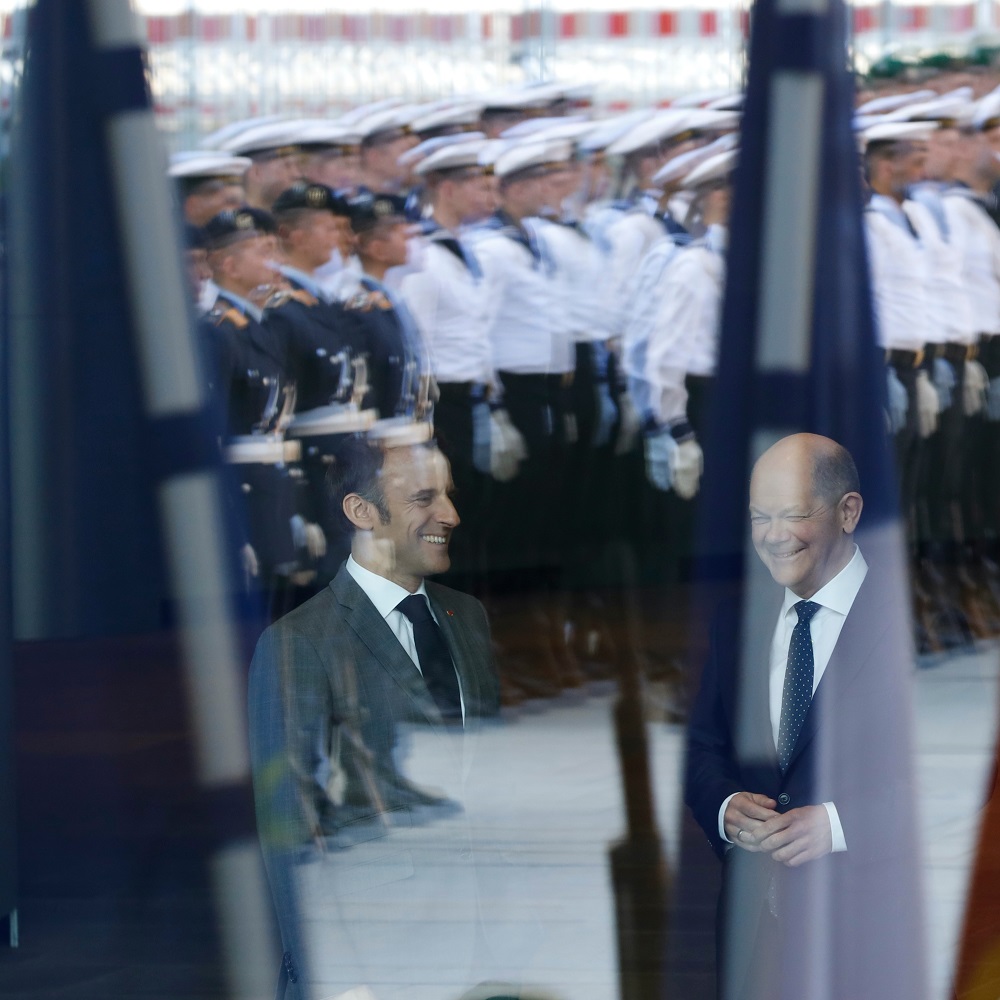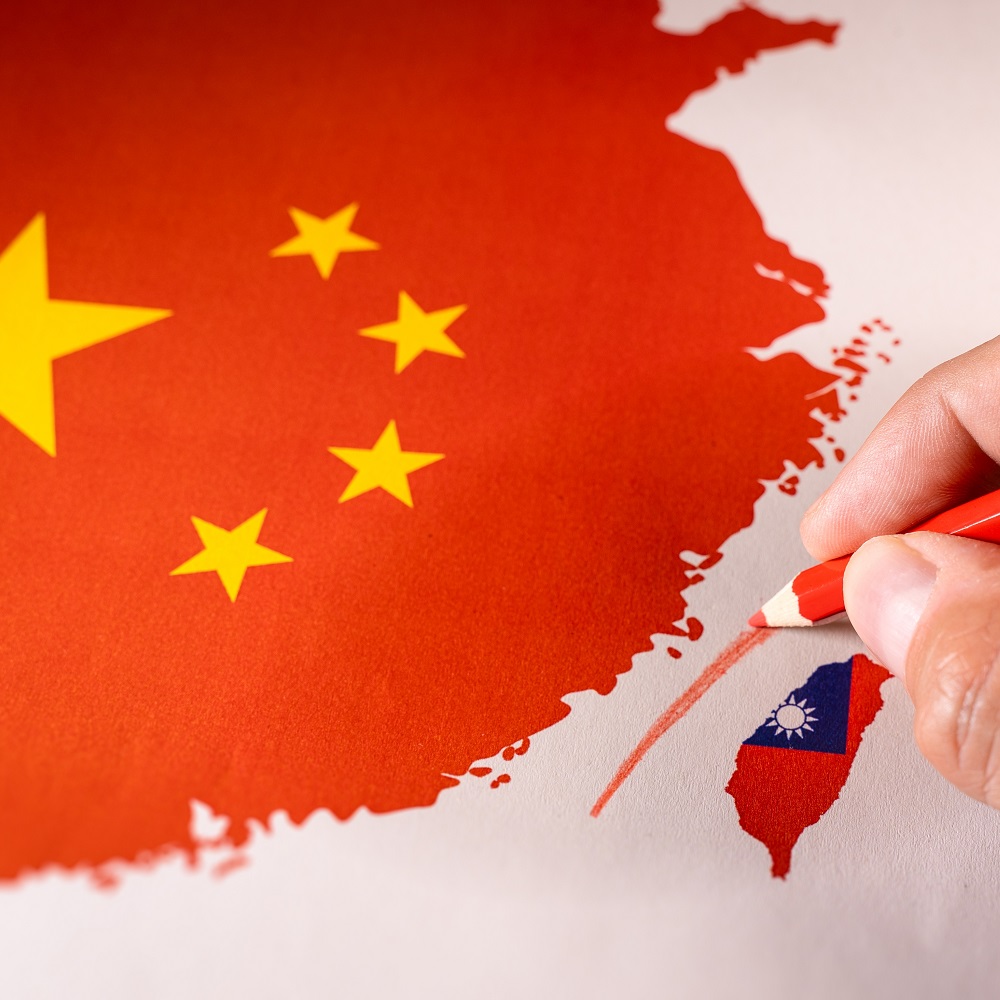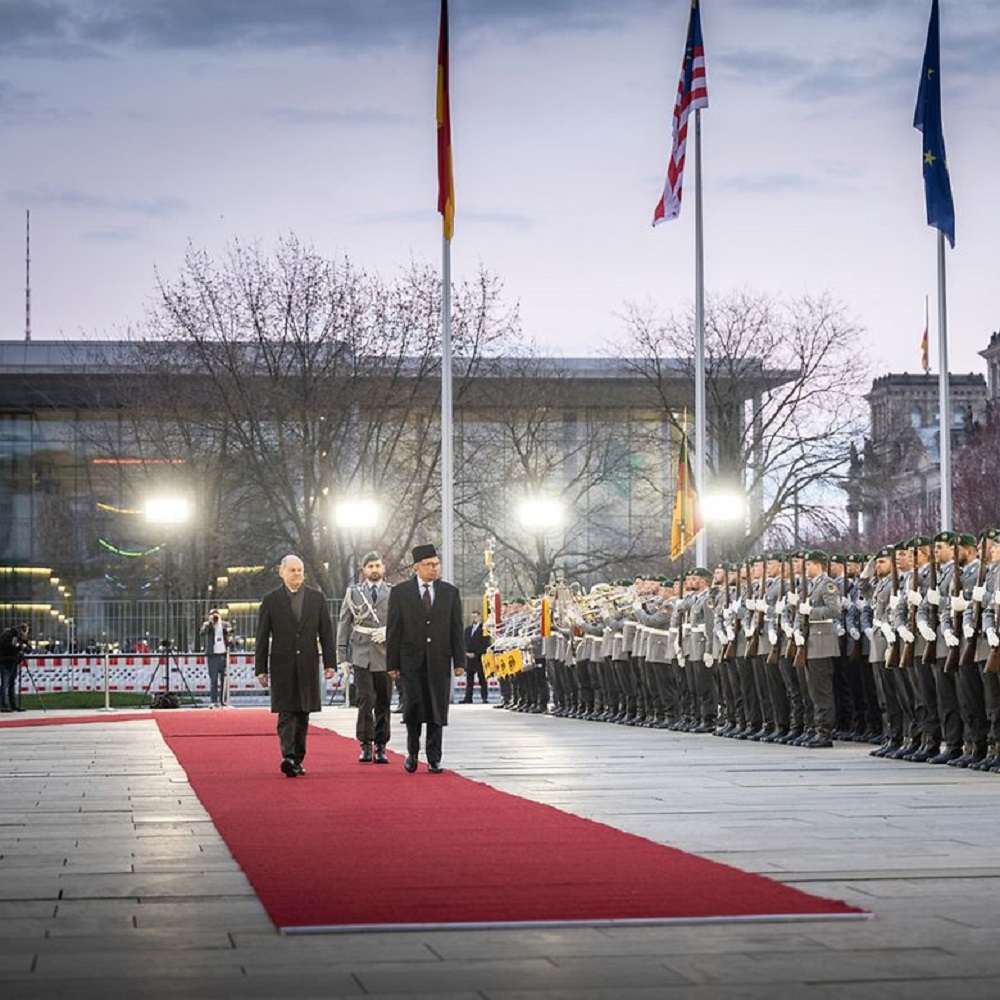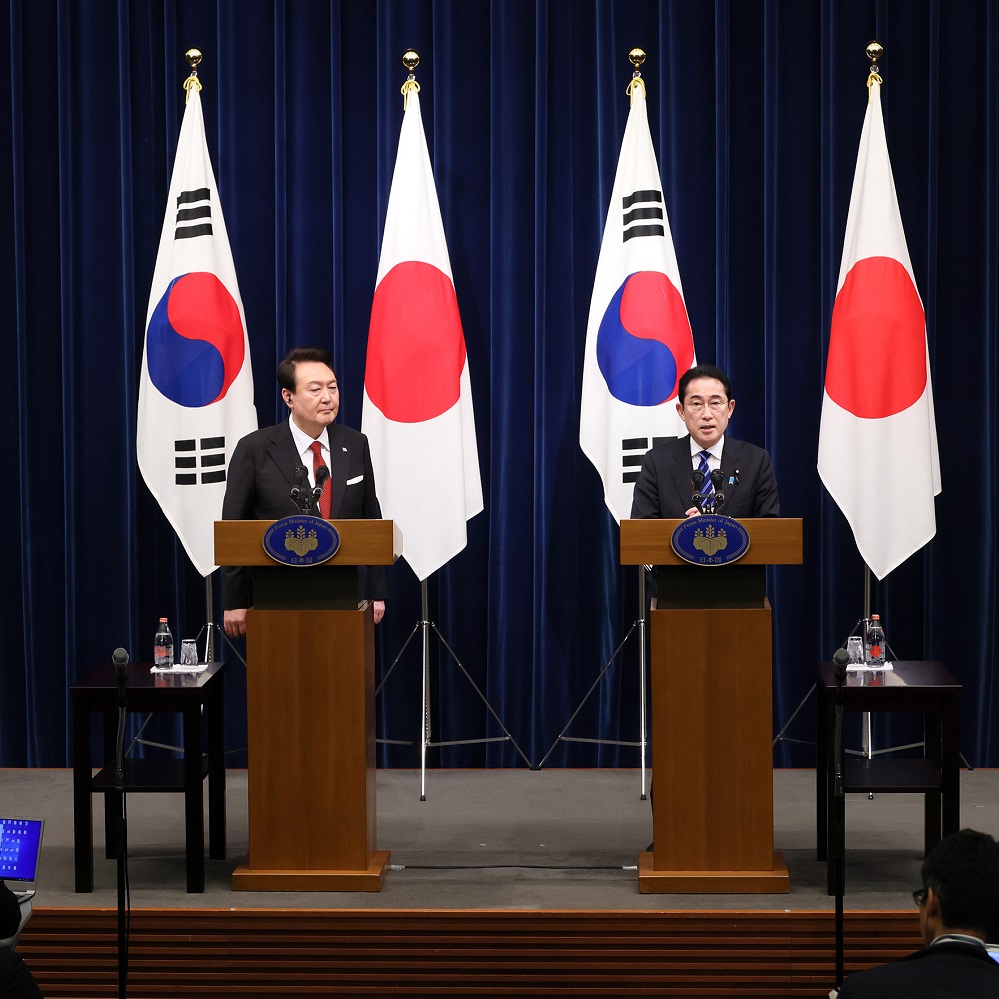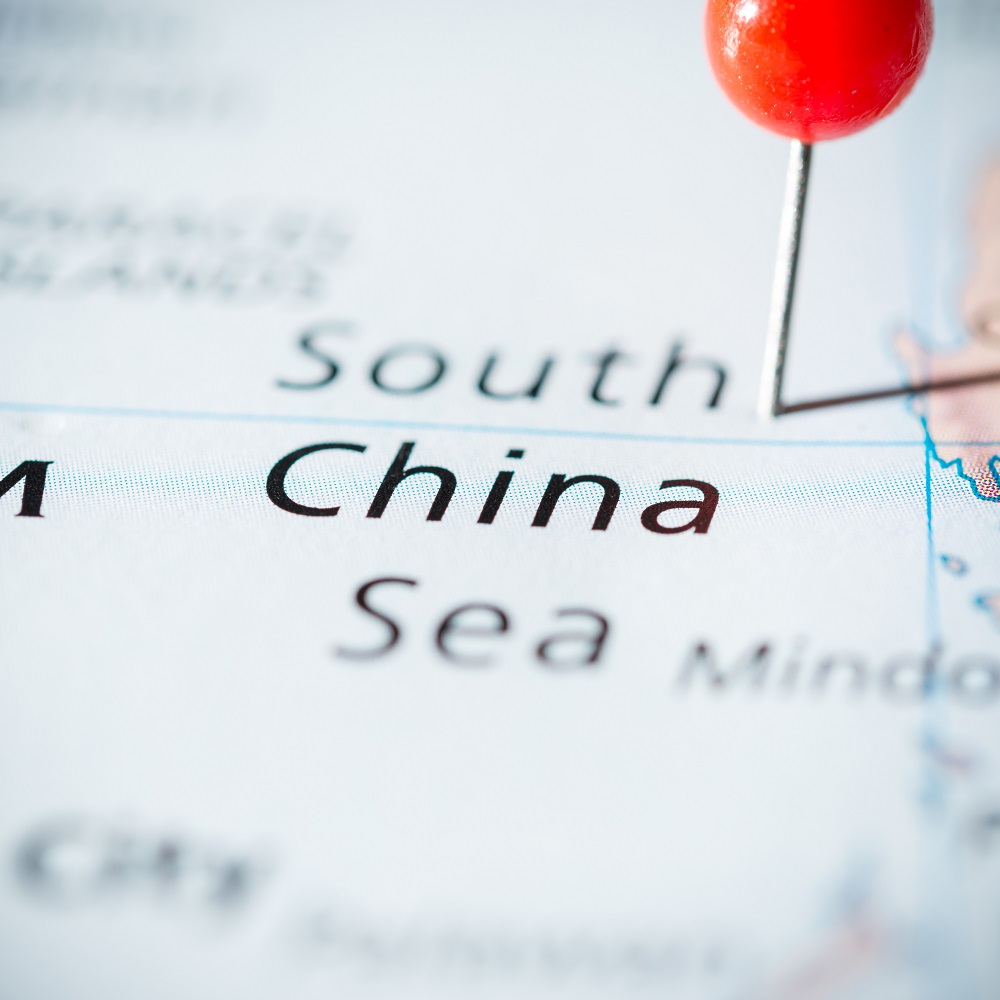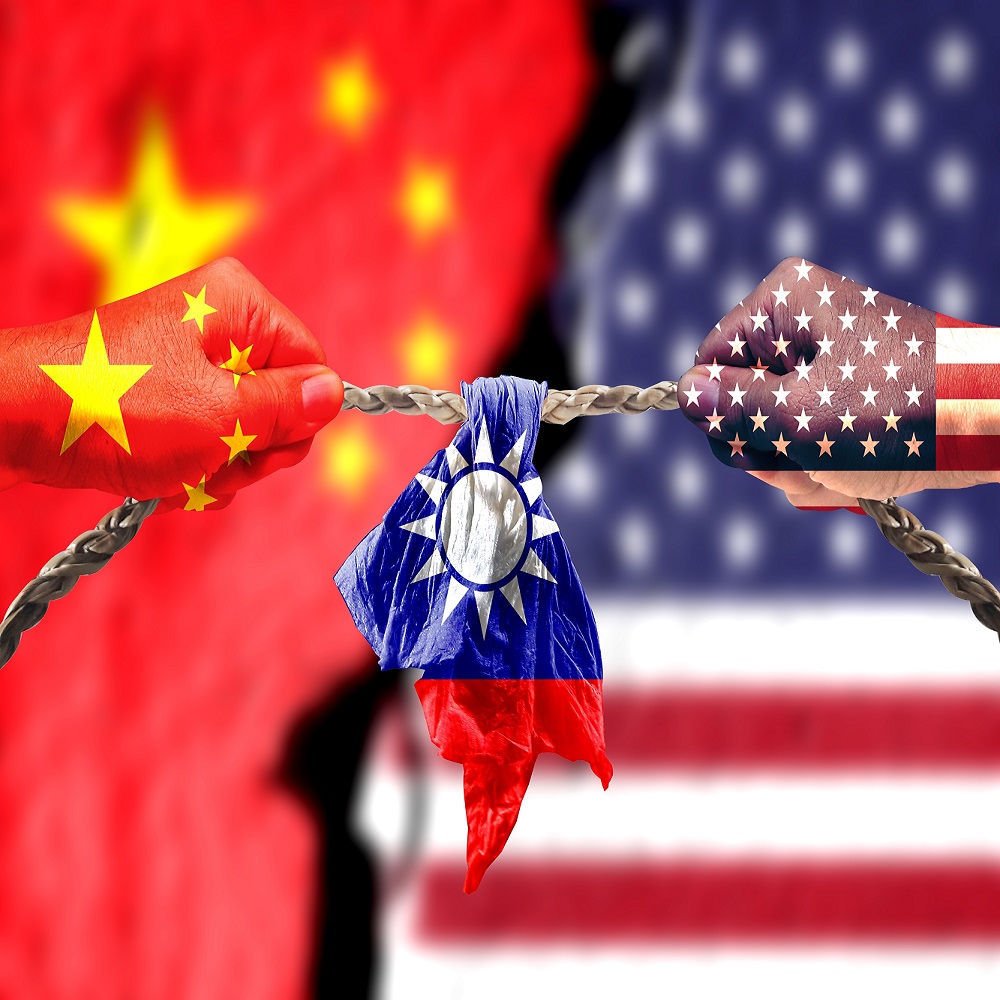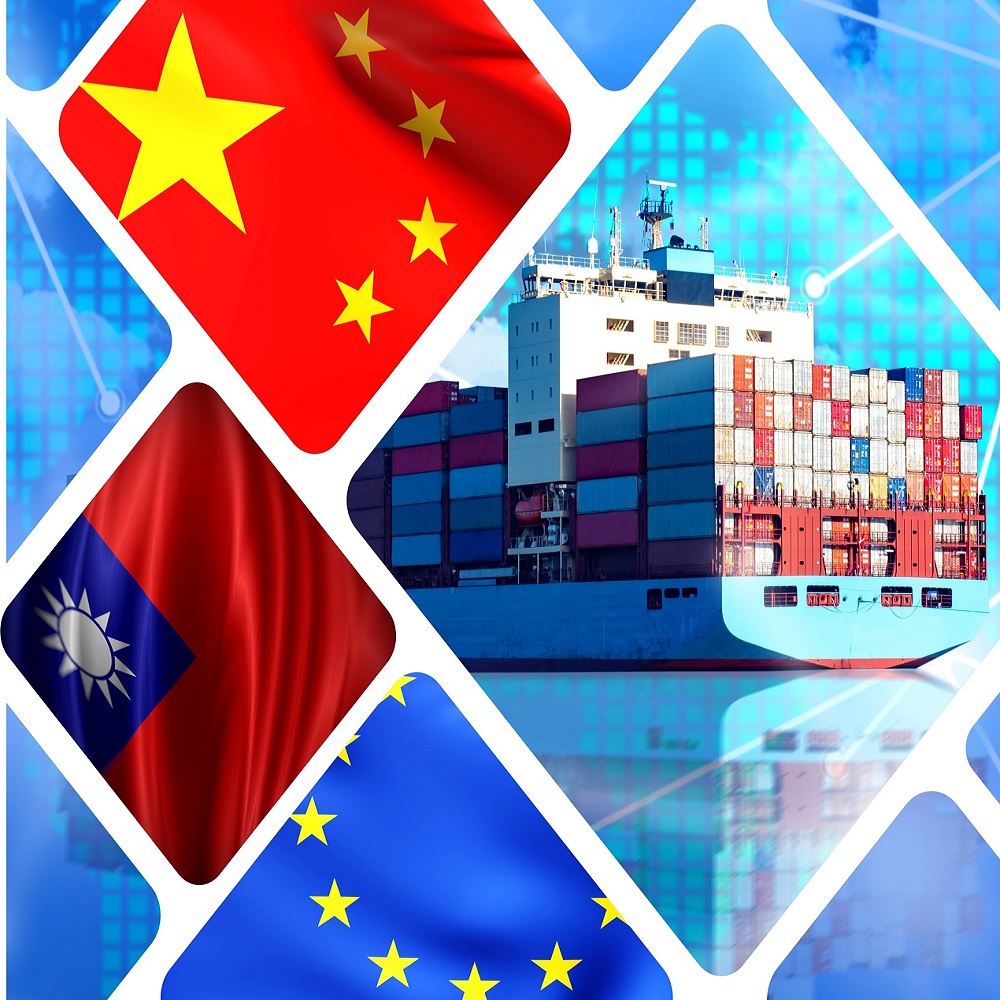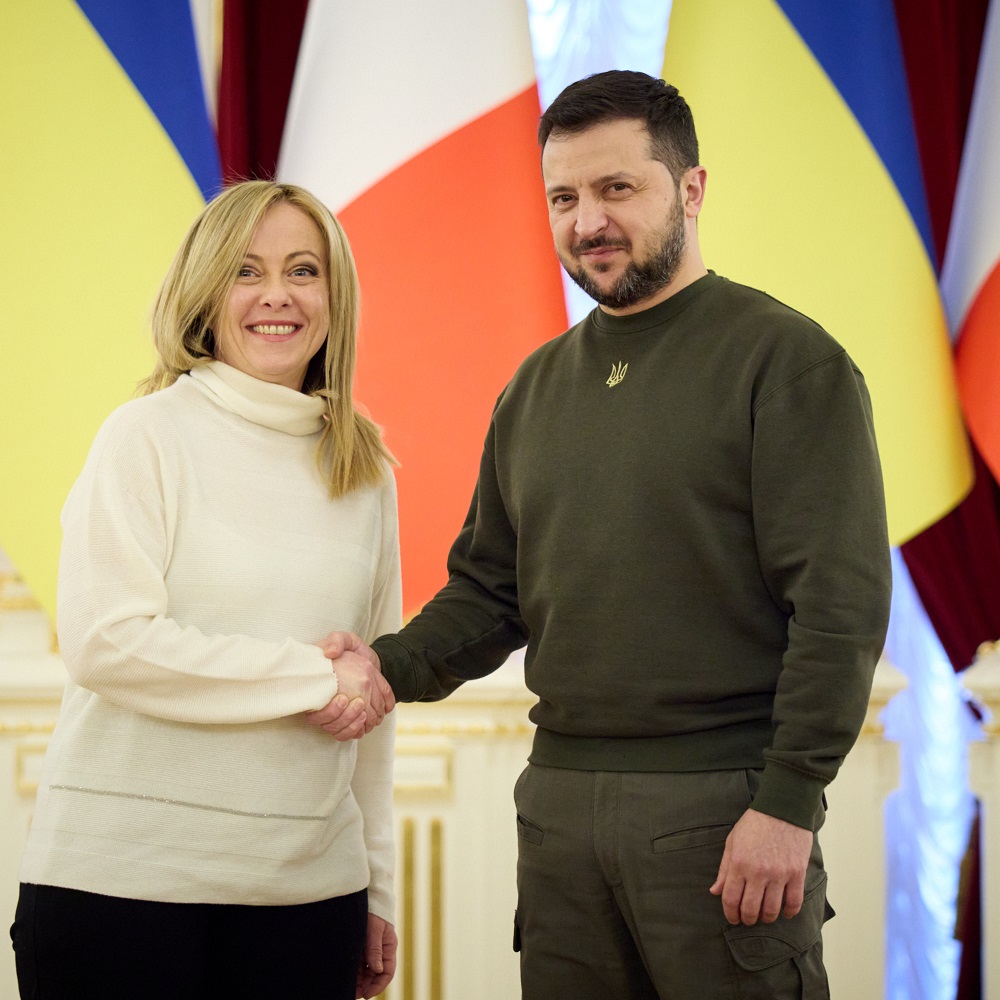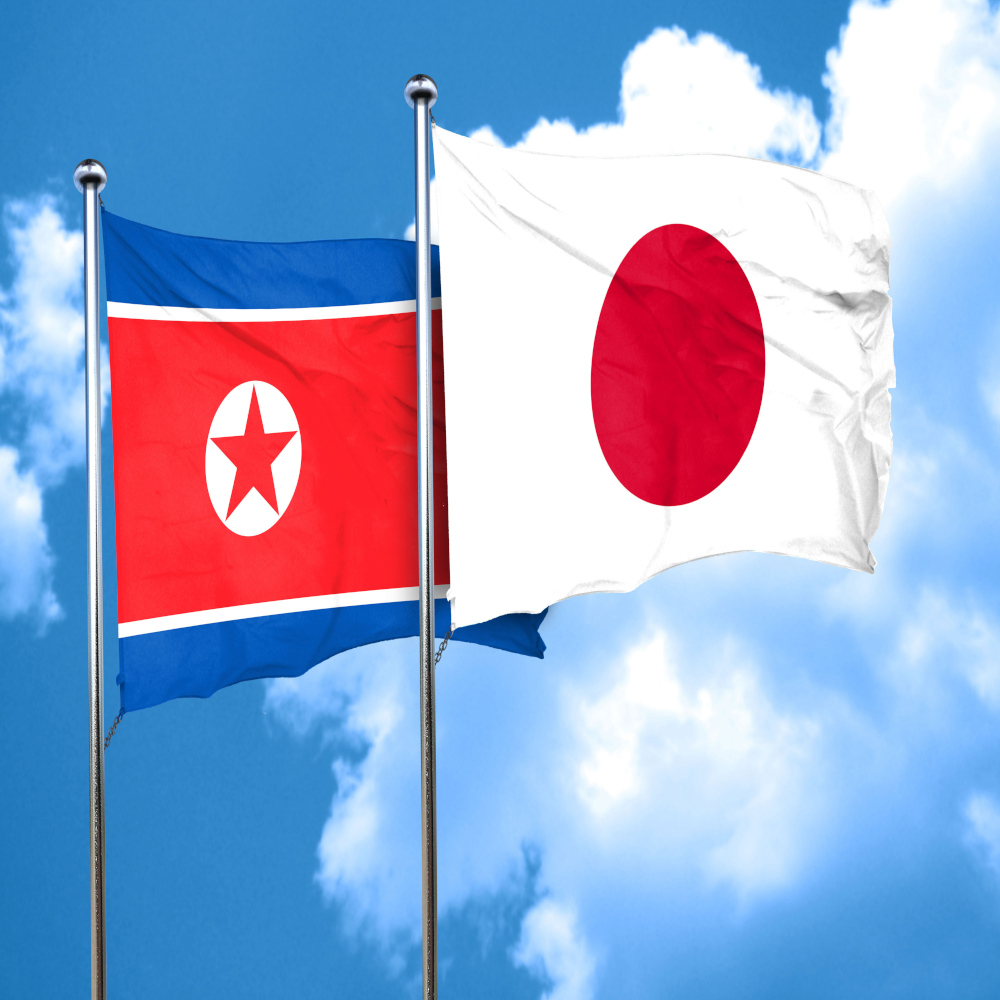
Japan and the Democratic People’s Republic of Korea (DPRK): current diplomatic gamble
by Jesús Aise Sotolongo
한국어로 읽기 Читать на русском Leer en español Gap In Deutsch lesen اقرأ بالعربية Lire en français Japan’s Prime Minister Fumio Kishida, recently stated at the Budget Committee of the House of Representatives of the Diet that “…he strongly feels the need to boldly change the current situation of the ties between Japan and the DPRK,” and “…it is very important that he himself establishes (…) relations with the President of the State Affairs of the DPRK, Kim Jong Un, and continues to make efforts through different channels for this purpose”. Immediately, the KCNA agency released, in response to the statement made by the Japanese Prime Minister, a declaration from Kim Yo Jong, the Deputy Director of the Department of the Central Committee of the Workers’ Party of Korea (WPK). The One in charge of the affairs related to the Republic of Korea and the United States – now it seems also with Japan – commented that she found it noteworthy that the Japanese media have assessed Prime Minister Kishida’s words as “a different position from before” regarding the issue of DPRK-Japan bilateral relations. She added that “there is no reason not to evaluate positively” the words of the Japanese Prime Minister if he shows the “true intention” to move forward the relations between the two countries “by courageously freeing themselves from the shackles of the past”. He added that if Japan abandons its “bad habits” such as unjustly violating the self-defense rights of the DPRK and stops turning the already resolved issue of abductions into an obstacle, there is no reason to prevent a rapprochement between the two countries and the day may come when Kishida visits Pyongyang. She noted that, if Japan opts for a new path to improve relations and approaches the North with “respectful and sincere” behavior, the two countries can create a “new future” together. According to Kim Yo Jong, she made her statements not from an official position, but in a “personal capacity”, something that can be questioned, as she appears as the closest collaborator of her brother Kim Jong Un, and the fact that she holds the high responsibility of being the deputy director of the Department of Propaganda and Agitation of the Central Committee of the WPK, formally requires her to uphold party discipline. The most immediate antecedent to Kim Yo Jong’s remarks was when, earlier this year, as western Japan was recovering from an earthquake that killed more than 200 people and damaged tens of thousands of homes in Niigata Prefecture, the Chairman of the State Affairs of the DPRK, Kim Jong Un, sent a message of “sympathy and condolences” to the Japanese Prime Minister, which was seen as unusual and a conciliatory note, given Pyongyang’s demonstrated animosity towards successive Japanese governments and the systematic messages of grievances sent by the DPRK’s official media. Now, a month later, through Kim Yo Jong, the DPRK sends a new signal that it may be willing to improve relations with Japan. However, many observers view with skepticism the supposed show of commitment towards reconciliation with Japan because, over the decades, events raise suspicious about whether their pronouncements were sincere or not. For well-known historical reasons, the DPRK-Japan relations have never been healthy. Especially, in the last two decades when they have been distinguished by their progressive worsening. Successive administrations, especially those of Shinzo Abe and Yoshihide Suga, have taken the nuclear threat as a pretext for their militaristic ambitions, something that has severely displeased the leadership in Pyongyang. Due to what the North Koreans call “infamous submission” to the US, expressions of disdain from high-ranking officials towards Tokyo are regular occurrences. The most controversial issue revolves around the matter of the abducted Japanese. Although in 2002, coinciding with the first visit to Pyongyang of then-Japanese Prime Minister Junichiro Koizumi, the DPRK and Japan signed a historic agreement committing an early normalization of bilateral relations and leading to the return of five of the abducted Japanese, Tokyo holds Pyongyang responsible for the abduction of 17 Japanese citizens in the 1970s and 1980s, with 12 of them still believed to be in the DPRK. However, Pyongyang admits to having abducted only 13 individuals, claiming to have returned five and stating that the remaining eight had died. What is most unnerving in the eventual Japan-North Korea ties is that Pyongyang assumes the abductee issue as a “settle issue” and Tokyo keeps it as a priority on its political-diplomatic agenda. To date, Japan continues to present the abductees as a premise for talks at any level, while the DPRK considers it as already solved and furthermore, the issue of nuclear weapons and missiles has nothing to do with the improvements of bilateral ties, as Pyongyang considers it as its legitimate self-defense. Japan finds it extremely difficult to accept such conditions. The DPRK’s increasingly sophisticated missiles are constantly being projected into the Sea of Japan and have even flown over Japanese territory. Japan also perceives the possibility that, like South Korea, the DPRK will carry out preventive nuclear strike when it sees signs of real and imminent risk. And, as far as the abduction issue is concerned, all indicates that Japan is not ready to accept that it has been resolved. It is a combination of social forces, forming a critical mass that puts pressure on the Japanese government to act in favor of finding a plausible solution to the abduction issue. In this regard, the Japanese government’s chief spokesman, Yoshimasa Hayashi, stated at a press conference that Japan remains unchanged and “…intends to comprehensively resolve outstanding issues, such as nuclear energy, missiles and abductions”. It is well known that the Japanese Foreign Ministry has repeatedly appealed to its counterparts in friendly countries to the DPRK to make efforts to lead to talks with Pyongyang authorities. It is documented that these efforts have been unsuccessful due to their reluctant stance towards Tokyo. Why is the DPRK rushing to positively assimilate Prime Minister Kishida’s words now? In a previous article, we discussed how at the January 15th, 2024 session of the 14th Supreme People’s Assembly (SPA) of the Democratic People’s Republic of Korea (DPRK), Chairman Kim Jong Un made a decision to sever all ties with the Republic of Korea (ROK), which he called as the “number one hostile country” and indicated to constitutionally endorse a better definition of the border and physically destroy all inter-Korean symbols. We saw that the main thing was to “erase” from the Constitution what he referred to as “inherited concepts” that classify South Koreans as compatriots and likewise, the term unification, removing phrases he assessed as “deceptive” such as “3,000 miles of golden water, rivers and mountains” and “80 million Koreans”, arguing that “…it is correct to specify in the corresponding article [of the Constitution] that the Republic of Korea is firmly considered as the number one hostile country and immutable main enemy”. The above-mentioned contrast with the position that presumably highlights the expectation of an eventual improvement in relations with Tokyo, which has the same status as a major ally of Washington in East Asia, as does Seoul, and which together form a harmonious triangular anti-DPRK alliance. It is notorious that a priority of the DPRK, reinforced in recent times, has always been to fracture the US-ROK-Japan axis. It is convenient to recapitulate that, under the Moon Jae-in and Donald Trump administrations, when Pyongyang – Seoul and Pyongyang – Washington relations exhibited relative understanding and détente, the DPRK furiously attacked the Abe administration, with the same purpose of breaking the alliance. Pyongyang may find it worthwhile to engage with Tokyo under the assumption of forcing open some cracks in the recently strengthened trilateral cooperation between the United States, Japan, and the Republic of Korea. This is because under conservative President Yoon Suk Yeol, South Korea has sought, with the support of the Biden Administration, closer relations, and more stable ties with Japan, including defense and intelligence information exchange, and to a significant extent, has achieved it. However, the Seoul-Tokyo-US convergence suffers from fragility, which is reflected in the appreciable differences over the shared history between South Korea and Japan, and the ongoing disputes with the former colonial ruler over comfort women and forced laborers. In addition, there is US political volatility; in both Seoul and Tokyo there are uncertainties about whether Washington would directly involve itself in a conflagration involving either of them with the DPRK, as well as whether Washington would accommodate South Korea’s nuclear aspirations and unreservedly support Japan’s abandonment of the status of its Armed Forces as self-defense forces. Still, it can be argued that, as risk management and empathy sustainer, Kishida will keep Seoul and Washington abreast of his dealings with Pyongyang. In March, he will visit Seoul and in April, Washington; these would be important indicators of alignment between the trio. Kishida will seek the blessing of the Yoon and Biden administrations, anticipating that Kim Jong Un will move toward a summit that Kishida has so often called for. Washington has moved forward in supporting Japan’s attempts to engage with the DPRK. The ROK and Japan are in close communication on any future Tokyo-Pyongyang dialogue. Meanwhile, South Korea says that any contact between Japan and the DPRK should be conducted in a manner that helps promote peace and stability on the Korean Peninsula. Conclusions We are in the presence of a new diplomatic gamble by the DPRK that illustrates the level of specialization it has reached in managing its complicated relations with the main US allies in East Asia, who, in turn, are perceived as systematically confrontational countries. A straightforward resolution of the outstanding issues for discussion (nuclear weapons, missiles, and abductions) between Kim Jong Un and Fumio Kishida is not to be expected. These are issues on which the DPRK and Japan have diametrically different positions and directly concern the comprehensive strategic security of both countries, including the recurring abduction issue, which is associated with the political gain of any Japanese government. A meeting at the Japan-North Korea summit would be one of the few pleasant surprises to be received in the context of the vicious circle of conflict associated with the DPRK. It would be attractive to see a determined understanding between Pyongyang and Tokyo. It may be foreseeable that a Kim Jong Un - Fumio Kishida meeting will take place, but the past and present history negates any prospect of success. For this to happen, both sides will have to make principled concessions that, if made, will have combined counterproductive political effects. Bibliographic references KCNA. Kim Yo Jong publica declaración con el tema de relaciones Corea-Japón. Disponible en: http://www.kcna.kp/es/article/q/cba25051838d476c95acd451a45ae8a8.kcmsf KBS WORLD Prensa japonesa: Kim Yo Jong busca desestabilizar alianza Seúl. Washington-Tokio. Disponible en: https://world.kbs.co.kr/service/news_view.htm?lang=s&id=In&Seq_Code=88473 Leonardo Estandarte. Corea del Norte-Japón: Kim Yo-jong plantea la hipótesis de la visita de Kishida a Pyongyang. Disponible en: https://www.agenzianova.com/es/news/Corea-del-Norte-Jap%C3%B3n-Kim-Yo-Jong-plantea-la-hip%C3%B3tesis-de-la-visita-de-Kishida-a-Pyongyang/ Kim Yo Jong dice que Corea del Norte está abierta a mejorar sus lazos con Japón. Disponible en: https://reporteasia.com/relaciones-diplomaticas/2024/02/15/kim-yo-jong-corea-del-norte-mejorar-lazos-japon/ Japón califica de inaceptable que Corea del Norte afirme que la cuestión de los secuestros está resuelta- Disponible en: https://www3.nhk.or.jp/nhkworld/es/news/20240216_15/ Jesse Johnson. North Korea-Japan summit push gains steam after remarks by Kim´s sister. Disponible en: https://www.japantimes.co.jp/news/2024/02/16/japan/politics/japan-north-korea-summit-push/ Mitch Shin. Will Kim Jong Un Meet with Japan´s Prime Minister Kishida? Disponible en: https://thediplomat.com/2024/02/will-kim-jong-un-meet-with-japans-prime-minister-kishida/










